New York’s Eviction Moratorium Ended. What Comes Next for Renters and Landlords?
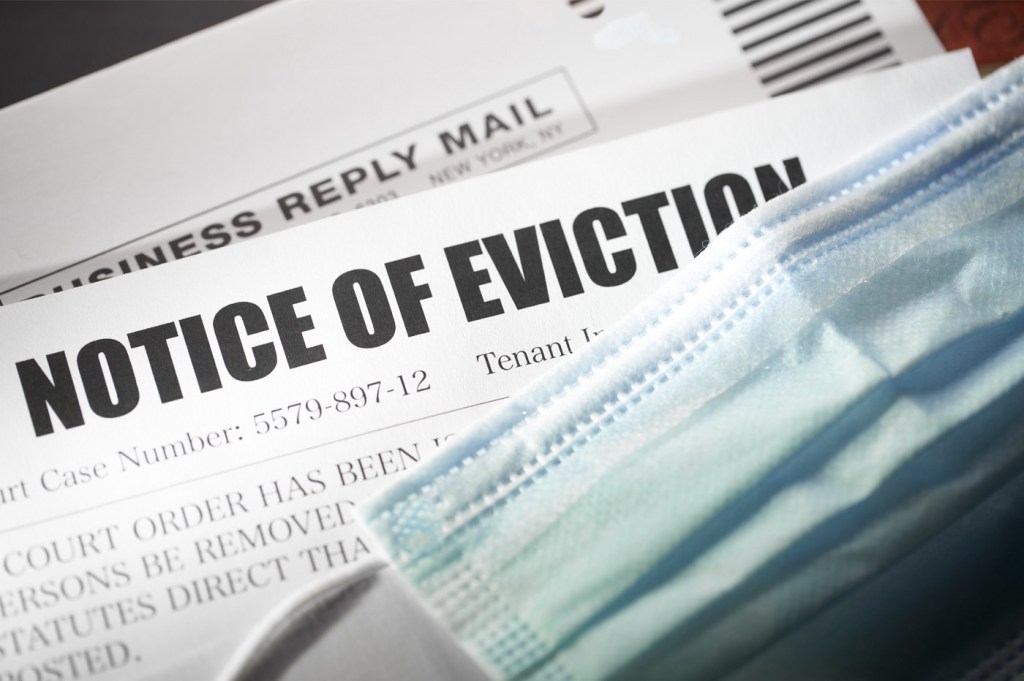
New York State’s eviction moratorium, which was enacted as part of the state’s pandemic-relief efforts, expired on Jan. 15, 2022, putting thousands of renters at risk.
Investing in Health: Bringing Together Business and Health Leaders

On January 19, the New York Fed, in partnership with the New York City Department of Health and Mental Hygiene, hosted “Investing in Health,” a virtual event that brought together health and business leaders to examine how the private sector is investing in public health, measuring outcomes, and devising mechanisms to boost private investment in underserved communities.
Fostering Low‑Income Homeownership: Challenges and Opportunities

On November 18, the New York Fed hosted “An Economy That Works for All: Fostering Low-Income Homeownership,” a virtual event that featured the latest Fed research on mortgage forbearance and refinancing. The event also featured two discussions: one on preparing low-income families for home ownership, and another on efforts by banks and financial institutions to address hurdles to first-time homebuying for low-income families.
On‑Time Rental Payments Helping to Pave the Road to Homeownership

In the United States, buying and owning a home is seen as a critical wealth-building tool, particularly for lower-income households and people of color.
Food Insecurity: Stakeholder Perspectives on Scaling Solutions

More than 38 million people in the U.S. were considered food insecure in 2020, relying on food pantries and community-based programs to stave off hunger. Hunger and food insecurity have dire economic consequences. For instance, young children who experience food insecurity tend to be less prepared for school, with lifelong impacts on earnings and health.
Insights from the Experts: Extreme Heat and Air Quality
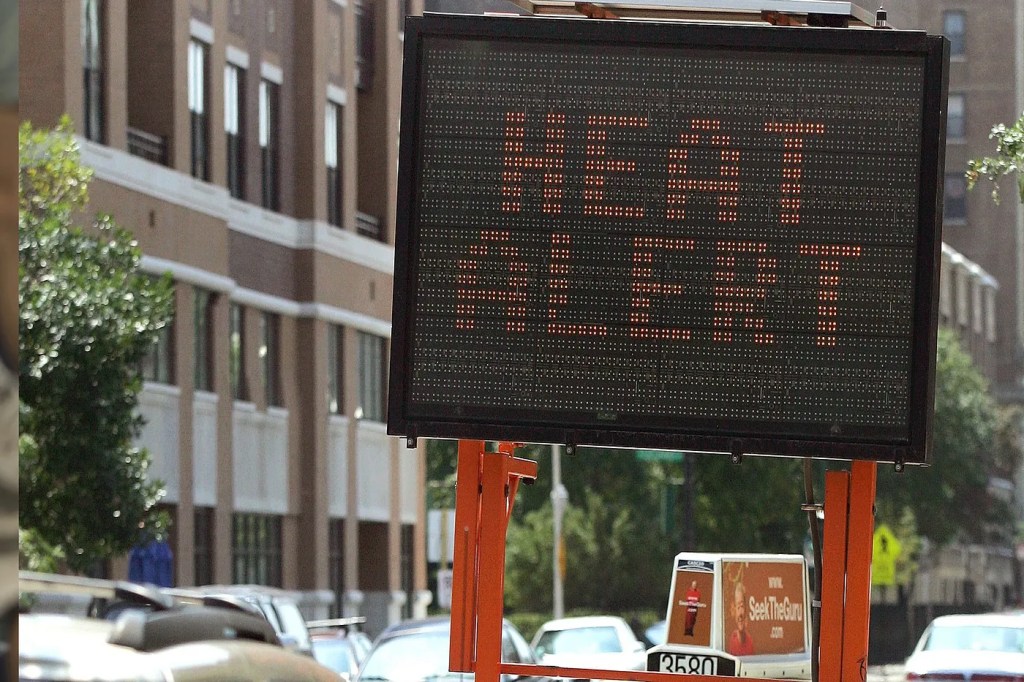
The New York Fed gathered experts for two recent roundtable discussions to learn about the impact of extreme heat and poor air quality on low- and moderate-income communities and communities of color. Here are five takeaways from the discussions:
Financial Innovations Spur Growth in Solar Power
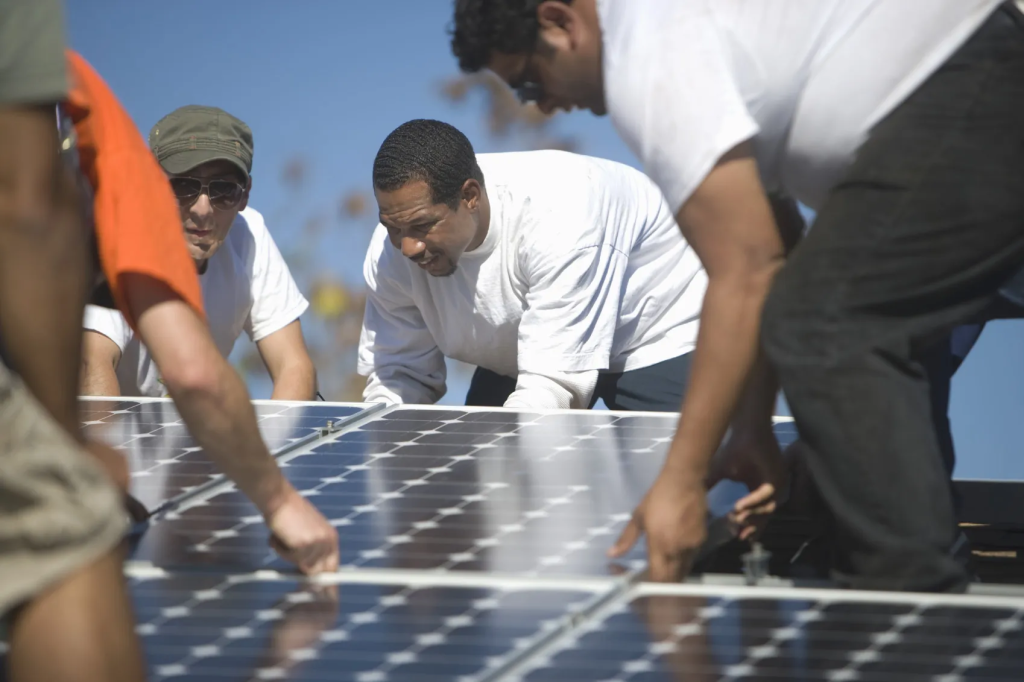
Solar power installations in residential homes have long been a luxury good, with high upfront costs creating an insurmountable hurdle for low-income homeowners, and incentives that leave out renters.
How Communities on the Front Lines of Climate Change Are Mobilizing
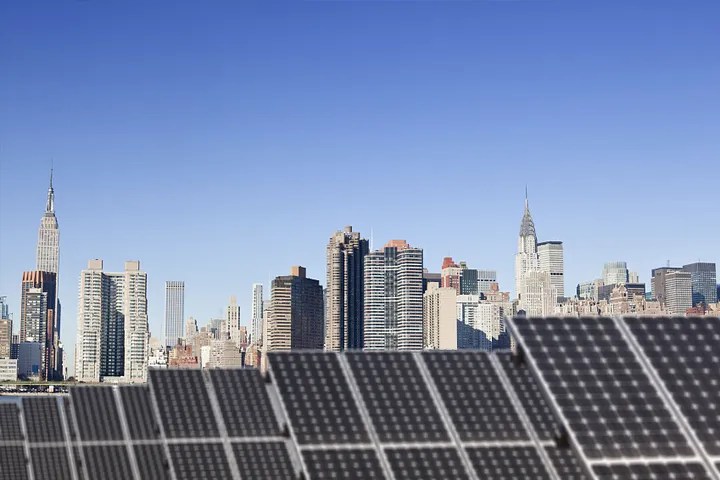
Less than a year after they purchased their first home, Daphany Rose Sanchez and her family were on the roof, surrounded by water, waiting to be rescued.
Building Community Resilience as Climate Change Costs Climb

The New York Fed’s Community Development Team has adopted a new strategy, focusing its energies on three key areas: health, climate, and household financial wellbeing. Our goal is to identify emerging solutions — especially those focused on fostering racial equity and improving life for underserved communities. In this post, we look at the economic effects of climate change and the importance of fostering resiliency. We also invite you to an event on June 3 at which we will outline our approach to these focus areas.
Exploring the Economic Benefits of Broader Support for Mental Health
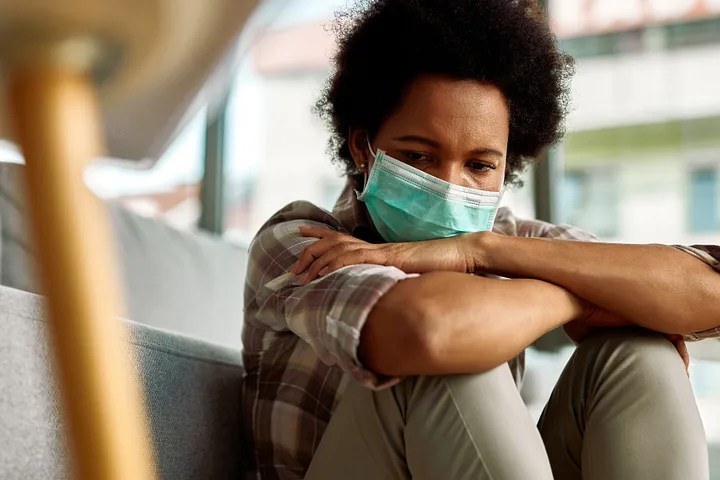
Missed deadlines, chronic absenteeism, conflicts among colleagues: Even before the COVID-19 pandemic, depression and anxiety took a toll in the workplace, costing the global economy about $1 trillion every year in lost productivity.











